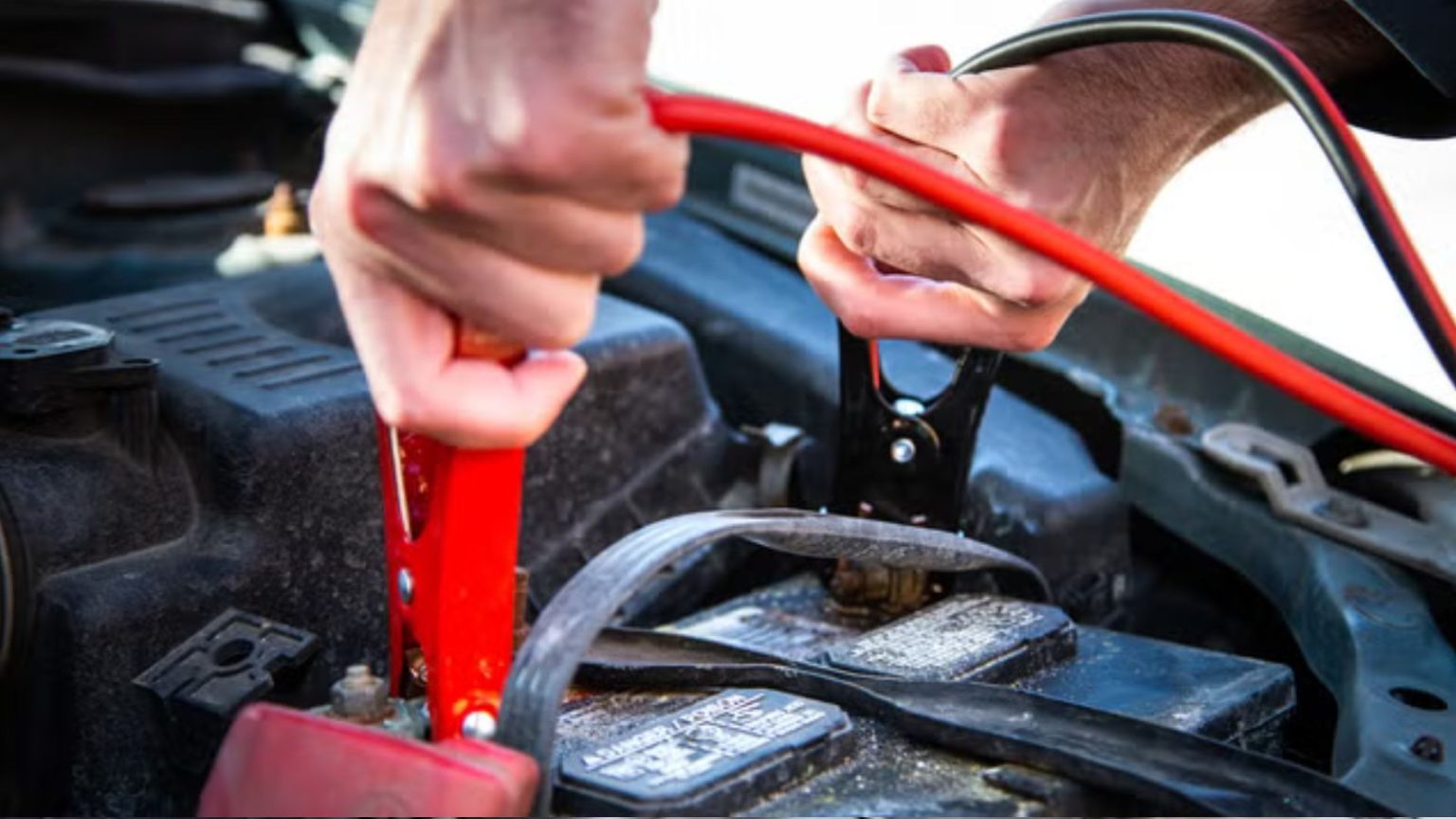Your car battery is the heart of your vehicle’s electrical system. It powers everything from starting the engine to running the headlights, infotainment, and safety features. Whether you drive daily or occasionally, understanding how your car battery works—and how to maintain it—can save you time, money, and unexpected breakdowns.
What Is a Car Battery and How It Works?
(Learn more in our Voltage & Testing Guide)
A car battery is a rechargeable energy storage device that provides the necessary power to start your engine and operate electrical components. Most modern vehicles use lead-acid batteries, which convert chemical energy into electrical energy through a process called electrochemical reaction.
When you turn the key, the battery sends a surge of current to the starter motor, igniting the engine. Once the engine runs, the alternator takes over, recharging the battery for future use.
Understanding your battery’s voltage (typically 12.6V when fully charged) and capacity helps diagnose performance issues and ensures you’re using the right battery for your car.
How Long Do Car Batteries Last?
On average, a car battery lasts between 3 to 5 years, but several factors influence its lifespan, such as:
- Climate: Extreme heat or cold reduces efficiency.
- Driving habits: Short trips prevent full charging.
- Maintenance: Dirty terminals or corrosion can cause power loss.
Regular inspections and clean terminals can extend battery life. If your headlights dim or your car struggles to start, it might be time for a replacement.
For step-by-step tips on identifying battery failure signs, visit our Battery Lifespan & Replacement Guide.
How to Charge a Car Battery?
(Full instructions in our Charging Guide)
A properly charged battery ensures reliable performance. You can charge your car battery using a dedicated charger, trickle charger, or by jump-starting from another vehicle.
Here’s a quick overview:
- Safety first: Turn off the engine and wear gloves.
- Connect correctly: Positive to positive (+), negative to negative (–).
- Monitor charging time: Overcharging can damage the battery.
Rechargeable batteries benefit from regular top-ups, especially if your vehicle isn’t driven frequently. For advanced maintenance techniques, visit our Battery Charging Guide.
Common Car Battery Problems
(Read more in our Problems & Fixes Guide)
Car batteries can face a range of issues, from corrosion to electrical drainage. The most frequent problems include:
- Loose or corroded terminals
- Parasitic drains (electrical systems drawing power when off)
- Old age or low electrolyte levels
Cleaning the terminals with baking soda and ensuring tight connections can solve minor issues. However, persistent problems may require professional testing. Our Problems & Fixes Page covers easy troubleshooting methods to restore your battery’s health.
How Much Does a Car Battery Cost?
(Compare options in our Cost & Installation Guide)
The cost of a car battery varies depending on type, brand, and vehicle model.
Here’s a general price range:
- Standard lead-acid batteries: $60 – $150
- AGM (Absorbent Glass Mat) batteries: $150 – $250
- Electric vehicle batteries: $3,000 – $10,000+
Labor and installation fees may add extra cost if done professionally. DIY installation is possible with the right tools and care. For detailed instructions and cost-saving tips, visit our Battery Cost & Installation Guide.
When to Replace or Test Your Car Battery?
(See more in our Voltage & Testing Guide)
You should test your car battery at least once a year—especially before winter. Signs it needs replacement include:
- Slow engine crank
- Dim interior lights
- Swollen or leaking battery case
A multimeter can check battery voltage easily. A healthy reading is between 12.4V and 12.7V when the car is off. Anything below 12.0V may signal a failing battery. Learn detailed testing methods in our Voltage & Testing Guide.
FAQs About Car Batteries
Q1: Can I replace a car battery myself?
Yes, most car batteries are easy to replace with basic tools. However, always follow safety precautions and disconnect the negative terminal first.
Q2: What drains a car battery quickly?
Leaving headlights, interior lights, or electronics on when the engine is off is a common cause of drainage.
Q3: How do I know which battery fits my car?
Check your vehicle’s manual for the recommended size, type, and cold-cranking amps (CCA).
Q4: Should I disconnect my battery when storing my car?
Yes. Disconnecting the negative cable prevents power drain if you won’t use your car for several weeks.
Q5: What is the best brand of car battery?
Top-rated brands include Optima, Bosch, Exide, Interstate, and DieHard, known for durability and performance.
Conclusion
Your car battery is a small component with a huge impact on your vehicle’s performance. By understanding how it works and following proper maintenance, you can prevent sudden breakdowns, save money, and extend your battery’s lifespan.
Explore our related pages for expert insights:
Together, these pages form a complete Car Battery Knowledge Hub your go to resource for reliable, practical automotive information.








